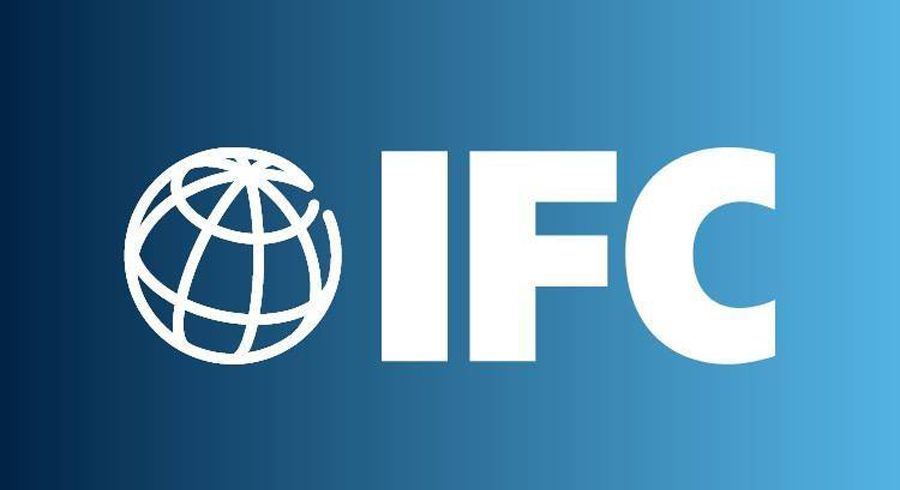The study examines the impact of enhancing female participation in retail and distribution networks on the growth of fast-moving consumer goods (FMCG) companies, based on a successful commercial intervention by IFC and Ceylon Biscuits Limited (CBL), one of Sri Lanka's largest diversified food conglomerates.
Entitled ‘Benefits of an Inclusive Distribution Network - Insights from IFC and Ceylon Biscuits Limited on Women-led Distributors and Retailers,’ the report highlights how inclusive distribution networks can potentially increase sales volumes, expand market share, and attract investment capital.
Following a four-year competency development program aimed at improving female participation in the network, the findings based on surveys of distributors and retailers in the CBL network, underlines that women play key roles in leadership, in both distribution and retail networks.
“Our distribution and retail partners are critical stakeholders in our value chain and ensuring their resilience in the face of present and future challenges is a key priority.
This collaboration to develop competencies and change mindsets in our network has yielded results and we are proud to have partnered with IFC to build a practical business case for more inclusive distribution networks.
We hope that these insights will support other FMCG’s in their efforts too,” says Shea Wickramasingha, CBL Group Managing Director.
According to the survey, among men-led distributors, 32 percent employed at least one woman in a top strategic position, and 24 percent employed at least one woman in a mid-level position.
Further, women seem to play an important role in implementing a succession plan with minimal disruptions to a company’s operations.
Among distributors with a vision for their company’s future ownership, 25 percent of men said they intend to hand over their business to a daughter or spouse, while 21 percent of women planned to transfer their business to a female relative.
In 2019, IFC – under the IFC-DFAT Women in Work program – partnered with CBL for the Senehasin Jayamagata (Route to Success) capacity building program, which included training and business development opportunities for the distributors and retailers in CBL’s network—around 360 distributors and 4,000 retailers.
The program also aimed to strengthen and increase women’s participation in retail and distribution networks while also promoting the use of digital payment methods across the network.
“Small businesses are the backbone of Sri Lanka’s economy.
But the recent macroeconomic crisis in the country had a severe impact on these businesses, especially women-owned ones.
For Sri Lanka to move towards a resilient recovery, women’s economic participation is essential,” said Alejandro Alvarez de la Campa, Country Manager for IFC in Sri Lanka and Maldives.
“Through the IFC-CBL partnership, we wanted to demonstrate how breaking down traditional gender norms and barriers can have a positive impact.
We are optimistic other corporates would see the business case behind inclusive supply chains and support more small businesses, unlocking their growth potential.”
In addition, the study offers several recommendations to FMCG companies, including building a more inclusive network by mapping the extent of women’s participation, developing strategies to overcome any gaps, and identifying the business benefits of inclusion.
























